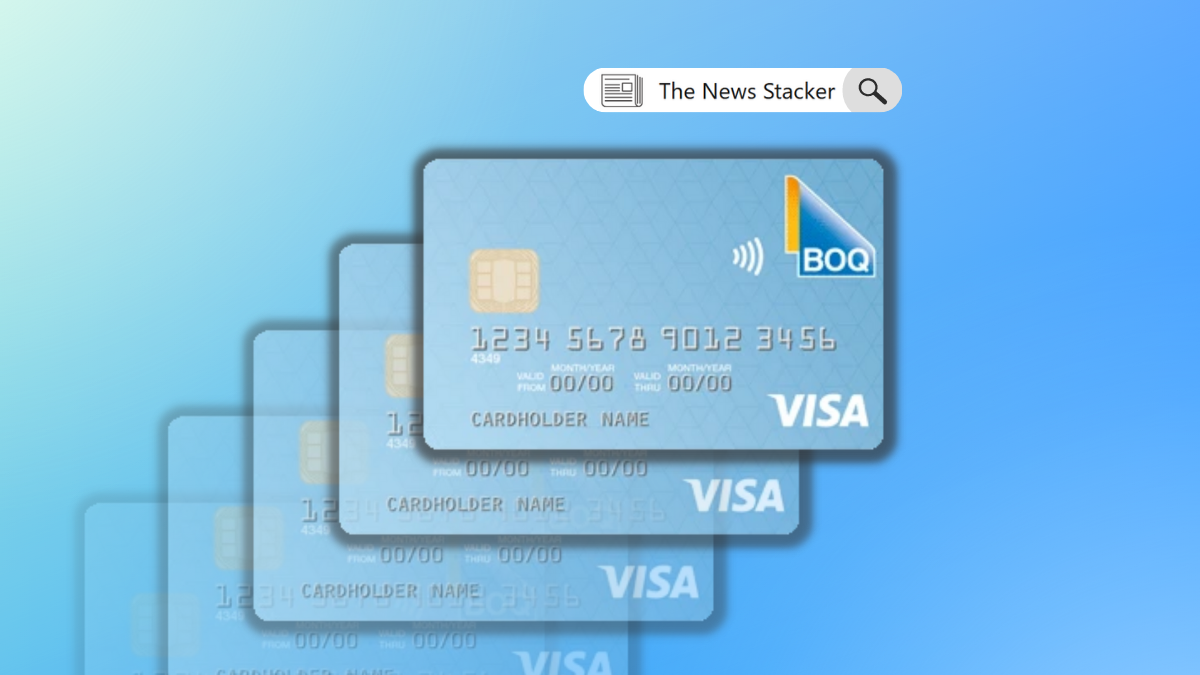Tips
What is creditworthiness and how do you improve it?
Are you wondering what creditworthiness means and how it affects your life? Here's everything you need to know about this important term, how to monitor and how to improve it!
Advertisement
Chances are you’ve come across this financial term, but what does it mean?

Are you applying for a loan, credit card or other type of financial product? Do you have a plan to pay it off on time? If so, then understanding what is creditworthiness can give you an advantage when trying for approval.

10 common credit repair myths
See the top ten most pervasive myths about credit repair. We'll help you separate fact from fiction and get started on your journey to a better financial future!
Creditworthiness is an important factor that lenders consider when evaluating your financial history and background. It is a determining factor as to whether or not you’ll get the card you want. Or that personal loan to refurbish your home.
This article will explain what creditworthiness is and why it matters in the lending process. We’ll also discuss some tips for improving your creditworthiness. That way you can access the funds you need with more confidence. Read on for all the details!
What is the definition of creditworthiness?
Creditworthiness is a measure of an individual’s ability and willingness to repay debt. It takes into account the borrower’s credit history, income, debts, and other financial factors to determine what loans the individual may get and what interest rate they should receive.
Lenders use creditworthiness as a way to assess risk. So the higher the creditworthiness of a borrower, the less risk they present and the better terms they can get.
That’s why it’s important to have a good understanding of what affects your creditworthiness and how to maintain or improve it. It could be what stands between you and your financial goals.
Keeping up with good credit management habits can be the key to accessing better loan terms and a brighter financial future.
You will be redirected to another website
By submitting this form, I agree that I am 18+ years old and I agree to the Privacy Policy and Terms and Conditions. I also provide my signature giving express consent to receive marketing communications via automated emails, SMS or MMS text messages and other forms of communication regarding financial products such as credit card and loans. Message frequency varies and represents our good faith effort to reach you regarding your inquiry. Message and data rates may apply. Text HELP for help or text STOP to cancel. I understand that my consent to receive communications is not a condition of purchase and I may revoke my consent at any time.
Why is creditworthiness important?

Creditworthiness is important because lenders use your credit score and other financial information to decide whether they should lend you money and what terms they will offer you.
A good credit score can mean the difference between getting a loan with friendly terms or having to pay high interest rates. It’s important to maintain a good credit score and history. So that you can be approved for the best loan terms possible.
Knowing what affects your credit score is key in maintaining a healthy financial standing. It’s also important to know what is considered good or bad when it comes to creditworthiness.
Understanding what is affecting your creditworthiness can help you make the best decisions for your financial wellbeing. So, make sure you are aware of what makes up a good creditworthiness and take steps to maintain it. It could pay off in the long run.
What determines your creditworthiness?
Your creditworthiness is determined primarily through a few things such as income, debt and credit history. Lenders take into account all your past behavior when it comes to whether you remain or become qualified for credit.
This goes beyond just looking at the hard figures, as lenders will also consider the type of your current accounts including how long you’ve had them open, number of debts and any incidents of defaulting on payments.
The way lenders can know this information is by accessing your credit report. To measure what is your individual creditworthiness, some creditors might use a system called the “5 C’s of credit”.
What are the 5 C’s of credit?
The 5 c’s of credit are the different criteria that lenders use to assess an individual’s creditworthiness. They include:
- Capacity: This refers to a borrower’s ability to repay a loan. Lenders look at things like income and debt-to-income ratio when considering capacity.
- Capital: This is what a borrower has invested in their business or venture. Lenders view capital as the amount of money that is at risk if the loan isn’t repaid.
- Collateral: This is the asset that a borrower pledges to secure a loan. If the borrower fails to repay the loan, then the lender can seize this asset to cover what is owed.
- Character: This is what a lender looks at to determine an individual’s level of responsibility and commitment when it comes to managing their finances. Financial records, credit history, references and other personal information are used to assess character.
- Conditions: The conditions refer to the external factors that can affect the loan repayment process. This can include economic conditions, loan terms, and other industry-specific factors.
Understanding what the 5 c’s of credit are and what they mean is essential to understanding how lenders evaluate creditworthiness. Knowing what lenders look for can help you make decisions that will improve your credit score and chances of getting approved for loans.
How can you keep track of your creditworthiness?

Keeping tabs on your creditworthiness is an important part of personal responsibility and financial security, but it’s easier said than done.
The good news is, there are lots of strategies you can use to make sure you’re always in the know about your credit score.
Pulling a free report yearly from each of the three major credit bureaus (Equifax, Experian and TransUnion) is a great practice since you can spot any suspicious activity, track ongoing agreements and identify any mistakes that have been made along the way.
There are also online services that offer continuous monitoring – a terrific choice for those who want to remain most vigilant and updated on their standing in real-time.
You can also require a credit counselor’s service to help with the process.
How can you improve your creditworthiness?
Improving your creditworthiness is an important part of maintaining financial stability and getting better access to larger loans. There are a few simple strategies that you can put into play to help you reach your goal.
Paying all your bills on time is one of the most important steps towards increasing your credit score. Keeping a low balance and avoiding large debt commitments will also be beneficial in building up a strong credit score.
Additionally, diversifying your credit sources with a mix of loans, revolving debts, and installment plans can have a positive impact on your overall standing and ensure that lenders view you as a dependable borrower.
Taking small steps today can help secure your financial future for tomorrow. Improving your creditworthiness is definitely worth the effort!
The 5 Best Places to Find Your Credit Score Reports
If you are looking to stay on top of your credit score and improve it, the first place to start is by checking your credit report.
A free look at your current financial standing can be a valuable tool in keeping an eye on any changes or inconsistencies that could affect future loan applications or other services involving credit checks.
But where do you find these reports – and how often should you check them? In the following link, we’ll take a look at 5 of the best places to get reliable access to your current credit scores and how frequently they should be updated.
Whether you’re new to constantly monitoring this key number, or just need a refresher course, let’s dive into the topic of finding accurate and useful information about our most important financial asset! Read on!

The 5 Best Places to Find Your Credit Score Report
Credit scores are important. A good credit score allows you to get lower interest rates on loans, qualify for better loan terms, and can even help you purchase a home.
Trending Topics

What is Tumblr? Is it worth leaving Twitter for it?
Learn more about Tumblr, the microblogging platform that allows users to share multimedia and content with their followers.
Keep Reading
Some iOS 16 features won’t be readily available
With the new iOS 16 release scheduled for September 12, users are excited about the new features. But not all of them are available yet.
Keep Reading
What is the credit score needed to rent an apartment?
Wondering what credit score you need to rent an apartment? Check out this article for the answer and tips on how to improve your credit score.
Keep ReadingYou may also like

Learn how you can prepare for Black Friday
Are you prepared for the biggest shopping day of the year? Check out these tips to learn how you can prepare for Black Friday!
Keep Reading
Learn the different gears and gadgets in which you can access Spotify
Learn how you can easily access Spotify through multiple devices. From a cozy night in to when you’re on-the-go – Spotify’s got you covered.
Keep Reading
Bank of Queensland Low Rate Credit Card review
Find out how you can save money with the Bank of Queensland Low Rate Credit Card. Get all your questions answered in our review!
Keep Reading